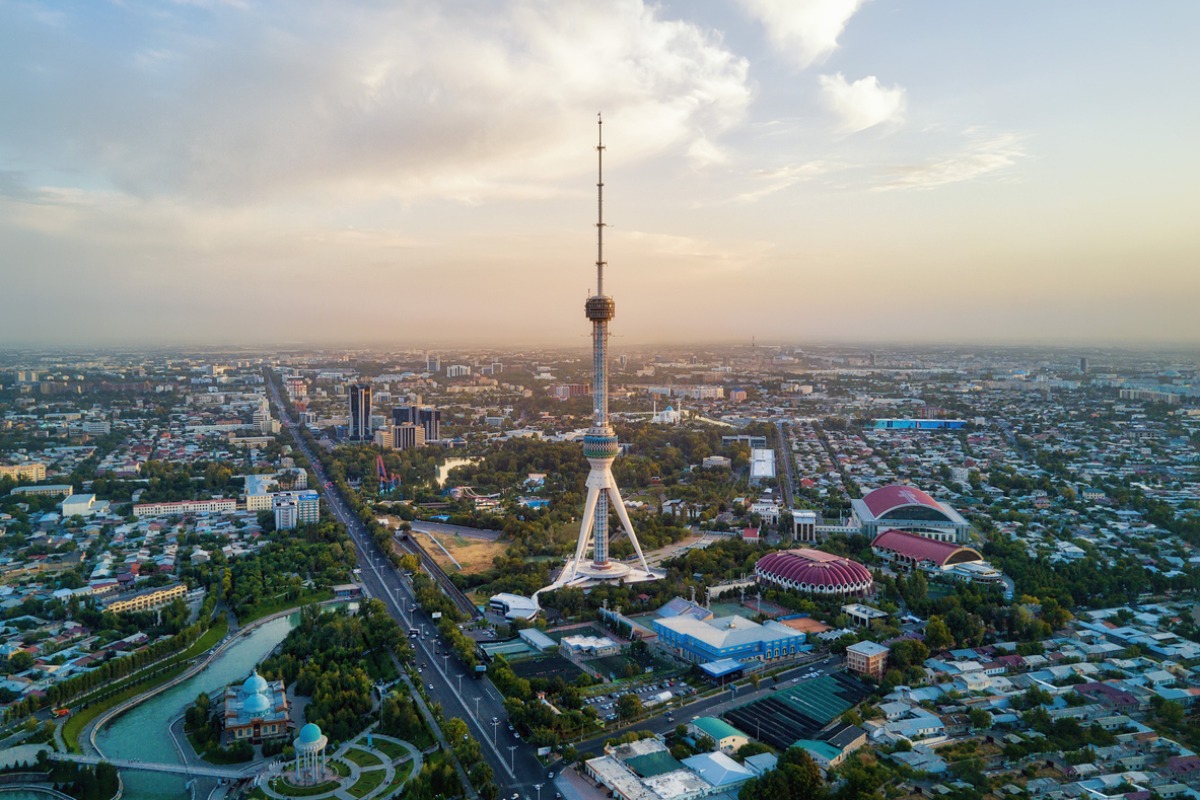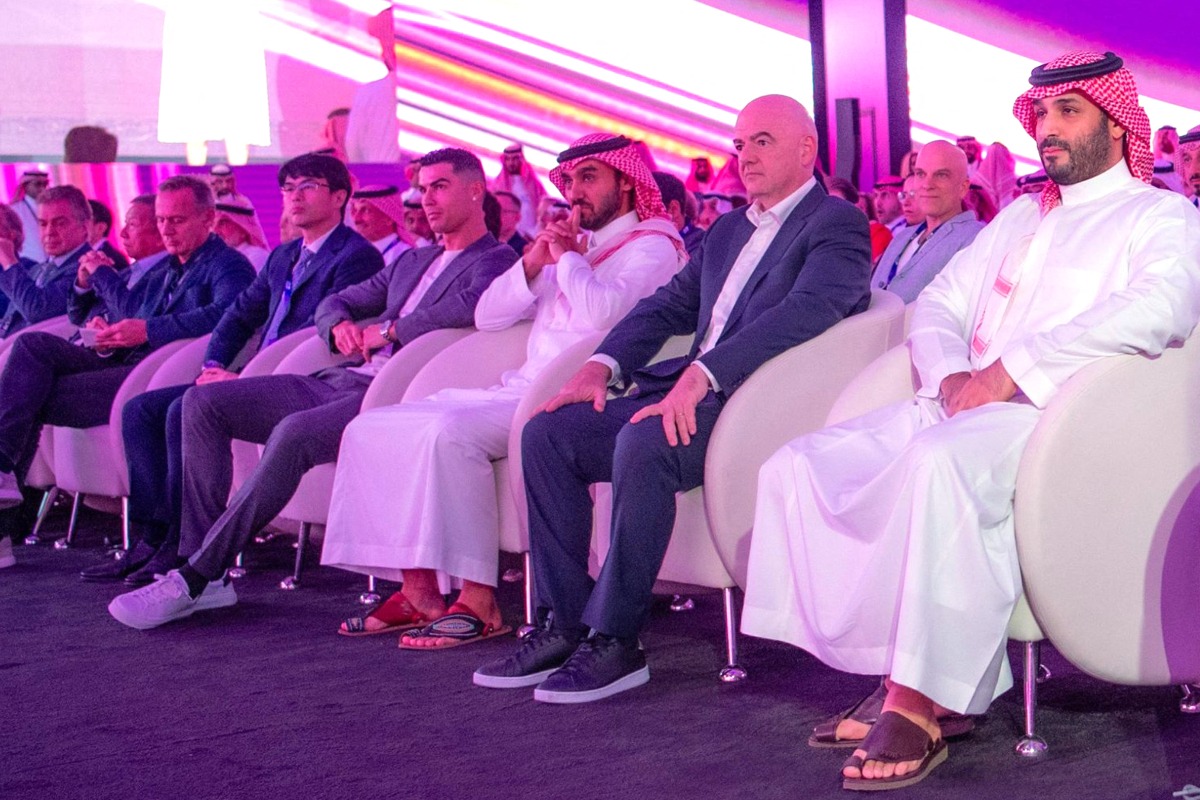
The Bank of Korea and internet giant Naver on Wednesday unveiled an artificial intelligence model built exclusively for the central bank, marking what officials described as the first deployment of an in-house AI model by a central bank anywhere in the world, The Korea Herald reports.

An industry report has revealed that Chinese robotics firms emerged as the largest producers of humanoid robots worldwide in 2025, highlighting the country's rapid rise in this emerging manufacturing sector.

Uzbekistan ranked 62nd in the 2025 edition of the Government AI Readiness Index, published by Oxford Insights. The country climbed eight places compared to the previous year, achieving a score of 54.69.
